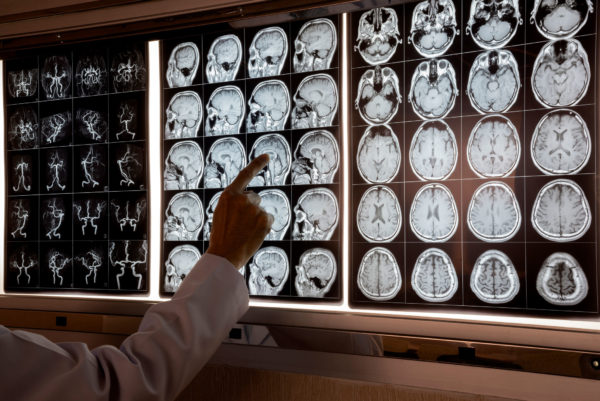News

The Plasticity of Well-being network invites applications for Pilot Awards for projects that explore emotional well-being measurement and assessment. The network, funded by the National Center for Complementary and Integrative Health (NCCIH), is one of six networks that NIH supporting to advance the understanding of emotional well-being. The Center for Healthy Minds is a collaborator in this network.

The Center for Healthy Minds is a partner in the Creative Destruction Lab - Health & Wellness, a new program based at the University of Wisconsin–Madison.

Healthy Minds Innovations (HMI), the external, affiliated nonprofit dedicated to supporting the mission of the Center for Healthy Minds, recently announced the hire of Peggy Panosh as Chief Executive Officer

Center Founder and Director Richard Davidson will speak at The Vatican's Pontifical Council for Culture and The Cura Foundation's Fifth International Vatican Conference on May 7, 2021.

The University of Wisconsin–Madison has received a $2.5 million four-year grant from the National Institutes of Health (NIH) to establish a research network on the plasticity of well-being and to develop innovative measures of the key pillars of well-being. Faculty and experts from the Center for Healthy Minds are leading the effort.

A recent paper explored a promising research framework that adapts research on well-being practices such as meditation to be more inclusive to underrepresented groups of people.

